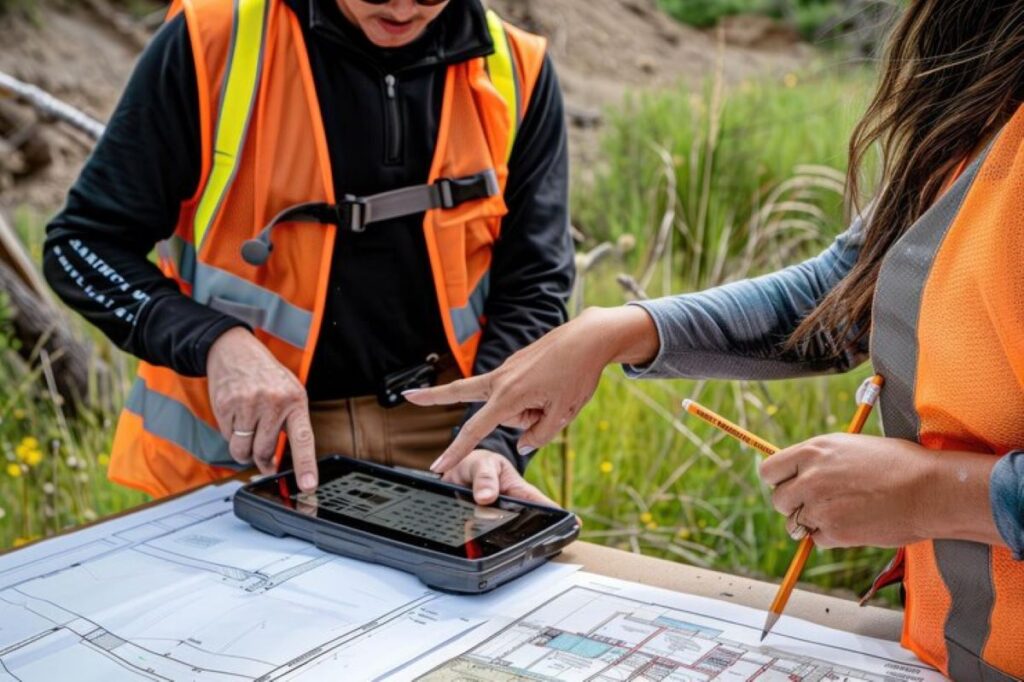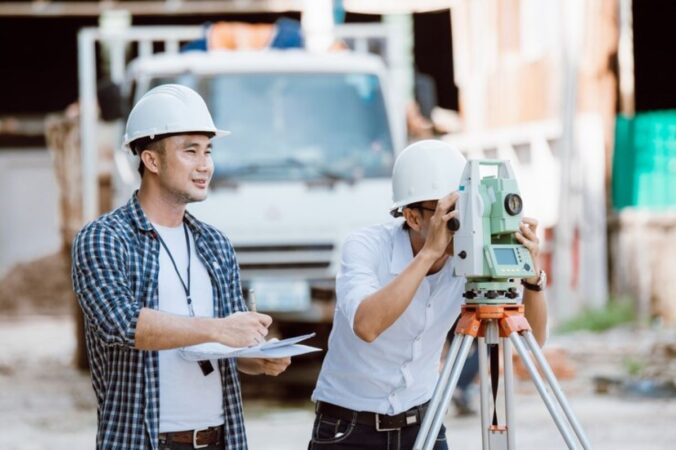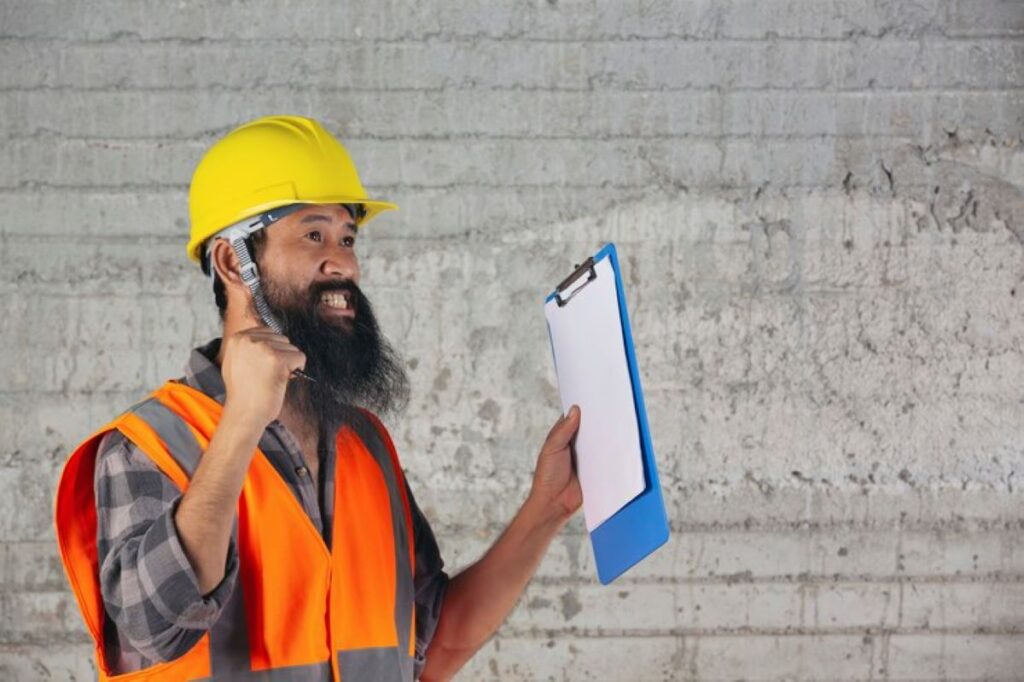Surveying is an essential profession that plays a pivotal role in the development and management of land and property in Brisbane. However, surveyors in this vibrant city encounter a variety of challenges that can complicate their work. Understanding these challenges and the strategies employed to overcome them is crucial for both professionals in the field and stakeholders relying on their expertise. This article delves into the common challenges faced by Brisbane surveyors and the innovative solutions they implement to navigate these hurdles.
Regulatory Compliance and Legislation
One of the foremost challenges for surveyors in Brisbane is navigating the complex landscape of regulatory compliance and legislation. The legal framework governing land use, property development, and environmental protection is intricate and ever-evolving. Surveyors must stay abreast of changes in legislation to ensure their work aligns with current laws.
Understanding Local Government Regulations
Brisbane is governed by a myriad of local government regulations that can vary significantly between different councils. Surveyors must thoroughly understand these regulations to provide accurate and compliant services. This often involves extensive research and consultation with local authorities.
To tackle this challenge, many surveyors invest in ongoing professional development and training. By attending workshops and seminars, they can keep their knowledge up to date, ensuring they are well-informed about the latest regulatory changes. Additionally, building strong relationships with local council representatives can facilitate smoother communication and quicker access to necessary information.
Furthermore, the role of technology in regulatory compliance cannot be overstated. Many surveyors are now utilising advanced software tools that help them analyse and interpret regulatory frameworks more efficiently. These tools can streamline the process of checking compliance against local zoning laws and development codes, allowing surveyors to focus on the technical aspects of their work while ensuring adherence to regulations. This technological integration not only enhances productivity but also fosters a more proactive approach to compliance, enabling surveyors to anticipate potential issues before they arise.
Environmental Legislation
Environmental considerations are increasingly influencing surveying practices. Brisbane’s unique ecosystems, including its waterways and bushland, are protected under various environmental laws. Surveyors must conduct thorough assessments to ensure that their projects do not adversely impact these sensitive areas.
To address this challenge, surveyors often collaborate with environmental consultants to conduct comprehensive environmental impact assessments. This partnership not only enhances the quality of their work but also ensures compliance with environmental regulations, thereby reducing the risk of legal repercussions.
Moreover, the growing emphasis on sustainability has led to a shift in surveying methodologies. Surveyors are now more frequently required to incorporate sustainable practices into their projects, such as minimising land disturbance and promoting biodiversity. This shift necessitates a deeper understanding of ecological principles and the potential long-term impacts of development on the environment. As a result, surveyors are increasingly engaging in interdisciplinary projects that require collaboration with ecologists, urban planners, and community stakeholders to create solutions that are both legally compliant and environmentally responsible. This holistic approach not only safeguards Brisbane’s natural heritage but also aligns with broader societal goals of sustainability and conservation.
Technological Advancements
The rapid pace of technological advancement presents both opportunities and challenges for surveyors in Brisbane. While new technologies can enhance efficiency and accuracy, they also require surveyors to continually adapt and learn.
Adopting New Tools and Software
The introduction of advanced surveying tools, such as drones and 3D laser scanning, has revolutionised the industry. However, the integration of these technologies into existing workflows can be daunting. Surveyors must invest time and resources into training and familiarisation with new software and equipment.
To overcome this challenge, many firms in Brisbane are prioritising professional development. By providing their teams with access to training programmes and resources, they ensure that their surveyors are equipped with the necessary skills to utilise new technologies effectively. Furthermore, fostering a culture of continuous learning can encourage surveyors to embrace innovation rather than resist it.
Data Management and Analysis
As surveying increasingly relies on data, managing and analysing this information has become a significant challenge. Surveyors must collect, store, and interpret vast amounts of data, which can be overwhelming without the right systems in place.
To tackle this issue, many surveyors are adopting cloud-based data management systems that allow for easier storage and sharing of information. These systems not only streamline workflows but also enhance collaboration among team members. Additionally, investing in data analysis software can help surveyors make informed decisions based on accurate and up-to-date information.
Client Expectations and Communication
In an industry where precision and accuracy are paramount, managing client expectations is a critical challenge for Brisbane surveyors. Clients often have high expectations regarding timelines, costs, and outcomes, which can lead to tension if not managed effectively.

Setting Realistic Expectations
One of the key strategies for managing client expectations is clear communication from the outset. Surveyors must ensure that clients understand the complexities of surveying projects, including potential delays and unforeseen challenges. By providing a realistic overview of the project timeline and associated costs, surveyors can foster trust and minimise dissatisfaction.
Regular updates throughout the project can also help keep clients informed and engaged. By maintaining open lines of communication, surveyors can address concerns promptly and adjust expectations as needed, ultimately leading to a more positive client experience.
Building Strong Relationships
Building strong relationships with clients is essential for surveyors in Brisbane. A solid rapport can lead to repeat business and referrals, which are vital for sustaining a successful practice. Surveyors can enhance these relationships by being responsive, approachable, and transparent throughout the surveying process.
Furthermore, soliciting feedback from clients after project completion can provide valuable insights into areas for improvement. By demonstrating a commitment to client satisfaction, surveyors can differentiate themselves in a competitive market.
Workforce Shortages and Skills Gaps
The surveying profession in Brisbane, like many others, is facing challenges related to workforce shortages and skills gaps. The demand for skilled surveyors is high, yet the supply of qualified professionals is not keeping pace, leading to increased pressure on existing staff.
Attracting New Talent
To address workforce shortages, Brisbane surveying firms are actively seeking to attract new talent. This involves not only competitive salaries and benefits but also promoting the profession to younger generations. Engaging with local universities and technical colleges can help raise awareness about career opportunities in surveying.
Internship and apprenticeship programmes can also provide valuable hands-on experience for aspiring surveyors. By offering these opportunities, firms can cultivate a pipeline of skilled professionals who are well-prepared to enter the workforce.
Continuing Professional Development
Investing in the ongoing training and development of existing staff is equally important. By providing opportunities for professional growth, firms can enhance employee satisfaction and retention. This can involve offering access to workshops, certifications, and mentorship programmes.
Moreover, fostering a culture of knowledge sharing within the organisation can help bridge skills gaps. Encouraging experienced surveyors to mentor junior staff can facilitate the transfer of knowledge and expertise, ultimately strengthening the overall capabilities of the team.
See Also : How Technology Is Changing Surveying in Brisbane
Geographical and Environmental Challenges
Brisbane’s diverse geography presents unique challenges for surveyors. From urban areas to rural landscapes, surveyors must adapt their methods and approaches to suit varying terrains and environmental conditions.
Dealing with Urban Density
In urban areas, the density of buildings and infrastructure can complicate surveying efforts. Navigating tight spaces and ensuring compliance with local regulations adds layers of complexity to projects. Surveyors must employ innovative techniques to gather accurate data in these challenging environments.
Utilising advanced technology, such as aerial surveying with drones, can provide a solution. Drones can access hard-to-reach areas and capture high-resolution imagery, allowing surveyors to conduct assessments without the need for extensive physical presence on-site.
Natural Disasters and Environmental Changes
Brisbane is susceptible to natural disasters, including floods and storms, which can impact surveying projects. Surveyors must be prepared to adapt their plans and methodologies in response to changing environmental conditions.
Implementing risk management strategies is essential for navigating these challenges. This may involve conducting thorough risk assessments before commencing projects and developing contingency plans to address potential disruptions. Additionally, staying informed about climate change and its potential impacts on the region can help surveyors anticipate and mitigate risks.

Conclusion
Surveyors in Brisbane face a multitude of challenges, from regulatory compliance to technological advancements and workforce shortages. However, through proactive strategies and innovative solutions, they can navigate these hurdles effectively. By prioritising professional development, fostering strong client relationships, and adapting to changing environmental conditions, Brisbane surveyors can continue to provide essential services that support the city’s growth and development.
As the surveying profession evolves, embracing change and remaining adaptable will be key to overcoming future challenges. By staying informed and engaged with industry developments, surveyors can ensure they remain at the forefront of their field, ready to meet the needs of clients and the community alike.



